Bolivian Village Wants Compensation for Climate Change Adaptation
Alternative climate summit opens April 20 in Bolivia to address concerns of the world’s poor.
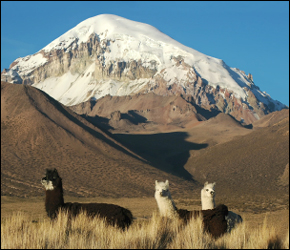
Approximately 18,000 people will attend the conference in Cochabamba, which addresses social issues that were ignored by world powers during the United Nations climate conference in Copenhagen last December.
Delegates will consolidate ideas from the meeting for submission to the next U.N. climate conference in Mexico in December. Indigenous populations in Bolivia are using this conference to ensure the upcoming talks will include their concerns.
Adaptation to climate change is a pressing issue for the 40 or so Aymara who live in Khapi village in the Bolivian Andes. Two million Aymara inhabit the Andean region, and are scattered across Bolivia, Peru and Chile. In the Khapi village, they depend on the run-off from the Illimani glacier to sustain their agricultural way of life, but scientists predict the glacier will disappear in seven to 10 years.
“We want those countries to compensate us for all the damage they have done to nature,” said Alivio Aruquipa, the group’s leader, to the BBC.
“We don’t know how to calculate the compensation because we are not professionals, we are simply farmers,” Aruquipa added. “But we would like assistance, and then to receive some money and, with that money, to build dykes to store the water, improve the water canals.”
Aruquipa attended the Copenhagen climate summit to raise awareness about the fate of the Khapi community if the Illimani glacier disappears.
“We don’t know where we are going to go. Like the ice, the source of our lives will be disappearing too. Where are we going to go?”
Bolivia’s president Evo Morales would like to see the activists lobby for the creation of an international environmental court of justice, which would hear cases involving compensation for poor people suffering from the effects of climate change.
Specific details about the composition of the court, how it would decide which cases to hear and its position in the international justice system have yet to be determined.
Source: BBC
Brett writes about agriculture, energy, infrastructure, and the politics and economics of water in the United States. He also writes the Federal Water Tap, Circle of Blue’s weekly digest of U.S. government water news. He is the winner of two Society of Environmental Journalists reporting awards, one of the top honors in American environmental journalism: first place for explanatory reporting for a series on septic system pollution in the United States(2016) and third place for beat reporting in a small market (2014). He received the Sierra Club’s Distinguished Service Award in 2018. Brett lives in Seattle, where he hikes the mountains and bakes pies. Contact Brett Walton


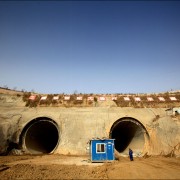

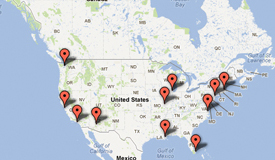


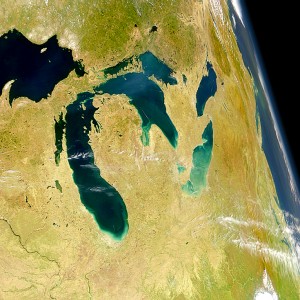
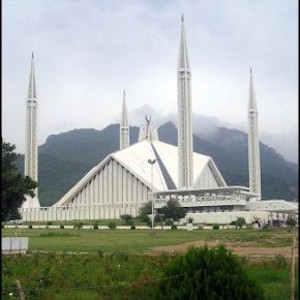
What will you do? ADAPT – humans have been doing it for thousands of years. I’d also suggest that EVO should fix problems inside Bolivia before scolding the rest of the world. Clean water and improved sanitation in Bolivia is within his ability to control…it’s just easier to lay blame and create distractions….
“What will you do? ADAPT – humans have been doing it for thousands of years. I’d also suggest that EVO should fix problems inside Bolivia before scolding the rest of the world. Clean water and improved sanitation in Bolivia is within his ability to control…it’s just easier to lay blame and create distractions….”
Are you blind?